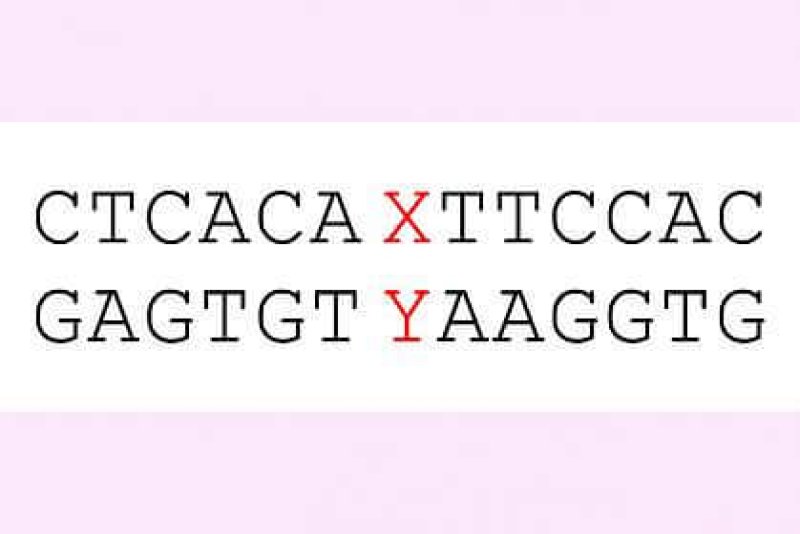Until very recently, life on Earth was dictated by strings of just four letters: G, A, T, and C…Deciphering nature’s secret language gave scientists unprecedented insight into the ways DNA encodes life.
But as they became fluent in DNA, scientists realized how much its limited vocabulary restricted its potential. They wanted to expand nature’s abilities to fit the needs of humankind. So they did the natural next step: added more letters.
Floyd Romesberg and his team [at the Scripps Research Institute] created two new bases — X and Y — and successfully incorporated them permanently into the DNA of the bacteria E. coli. This achievement…took Romesberg one step closer toward his goal of manipulating the DNA of organisms to make them create proteins the Earth has never seen.
…
As far as we know, there are only 20 amino acids that can lock together in different patterns to form proteins, and to chemists, many of them are “redundant” and “really not interesting,” according to Romesberg. Rewriting the code of life will allow scientists to produce “unnatural” amino acids, which can join together to form proteins with unprecedented functions.
…
“We could develop proteins that have whole new properties — whole new abilities to treat different types of diseases better — by virtue of having these unnatural amino acids in them,” Romesberg says.
[The study can be found here.]The GLP aggregated and excerpted this blog/article to reflect the diversity of news, opinion, and analysis. Read full, original post: The New, Expanded Genetic Alphabet Rewrites Life































